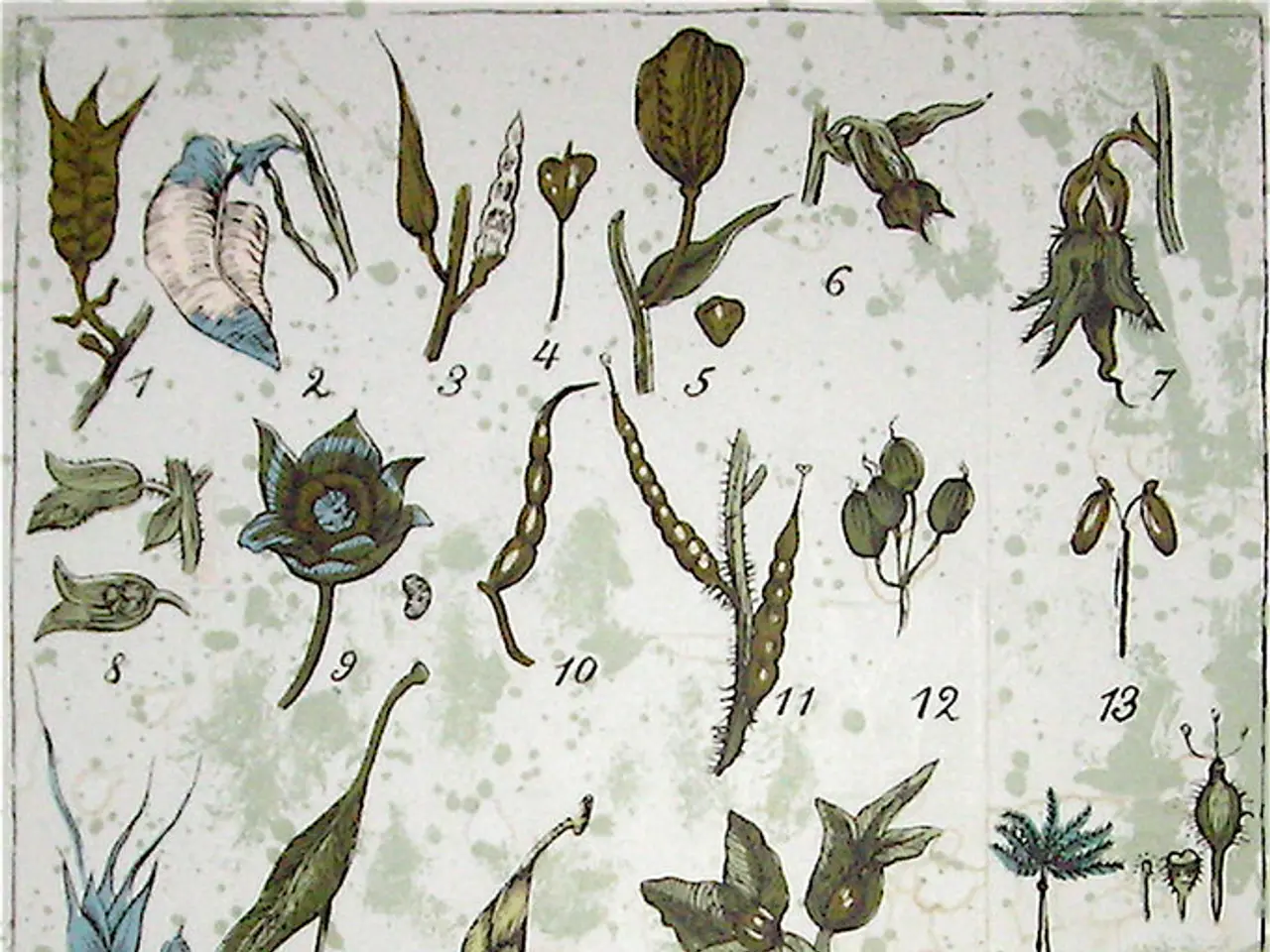Orchid Lifespan Duration and Strategies to Boost Their Survival
=============================================================================
Orchids, with their exotic and beautiful flowers, are a popular choice for houseplant enthusiasts. But did you know that many orchid species can live for 15 to 20 years or even longer, under ideal conditions? This lifespan far exceeds many other flowering houseplants.
The Phalaenopsis, or moth orchid, is a common type grown as a houseplant and is representative of orchids that can live for decades with proper care. Their flowers last several months and can recur multiple times yearly, making them exceptional for both longevity and sustained blooming indoors.
While specific orchid species with extremely long lifespans may exist, the Phalaenopsis is a good example of the long-lived nature of these plants. Thousands of different types of orchids exist, varying in their lifespan. Giant orchids, for instance, have longer than average lifespans, but they are not typically grown as houseplants due to their large sizes. A smaller number of orchids are terrestrial orchids, which grow in the ground and are the most common type seen in gardens.
To ensure your houseplant orchid lives a long and healthy life, it's important to provide the right care. Orchids thrive in bright but indirect light, at least six hours per day. Adequate humidity is also essential for most orchid species; use a pebble tray or mist daily to maintain humidity. Proper drainage is crucial for orchid health; use containers with open slits and holes for drainage.
When it comes to watering, the rule of thumb is "less is more." Overwatering is a common cause of early orchid death; let the potting mix dry out completely before watering again. During their lifespan, most orchids bloom once or twice a year for several weeks at a time. To extend the lifespan of a houseplant orchid, use a potting mix designed for epiphyte orchids.
Orchid fertilizing should be done about once per week during the growing season with a balanced orchid-specific product or a diluted standard houseplant fertilizer. During winter, reduce or stop fertilizing your orchid.
In summary, orchids can be very long-lived plants, with many species—including popular houseplant types—capable of surviving 15-20 years or longer. Their flowers last several months and can recur multiple times yearly, making them exceptional for both longevity and sustained blooming indoors. With proper care and the right conditions, your houseplant orchid can bring beauty to your home for many years to come.
Embracing a lifestyle that includes gardening, one can extend the lifespan of home-and-garden orchids by providing proper care, such as maintaining bright, indirect light, adequate humidity, and proper drainage. Growing terrestrial orchids in gardens can also complement this home-and-garden lifestyle, offering a variety of orchid types with many living for decades.




